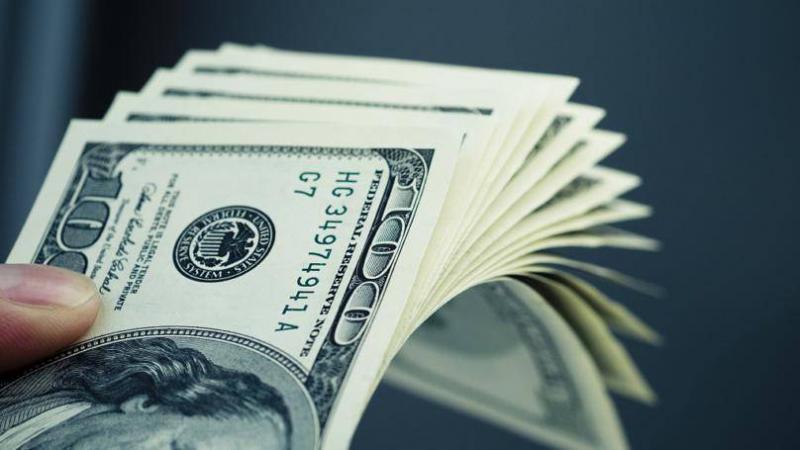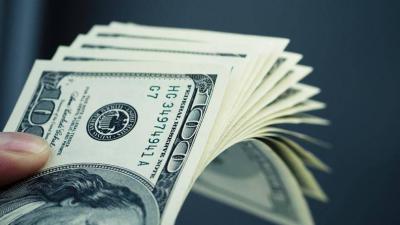Despite the economic crisis and the continuous decline of the Lebanese pound, which is steadily approaching 50,000, there is an abundance of dollars in the commercial markets. Activity has improved relatively compared to the previous year, and all restaurants and event halls are "full." This raises questions about a strange phenomenon: while the dollar is available, why is the exchange rate continuously rising without any ceiling?
Economic expert Louis Hbeika noted, through the "Akhbar Al-Yawm" agency, that when salaries and payments are in dollars, the exchange rate against the pound is not affected. Instead, what prompts the rise is that everyone with amounts in the local currency opts to buy dollars. He pointed out that the ongoing rise in the dollar is a result of the "black" political situation and the lack of any horizon for a solution, which drives people to purchase dollars and pay for their purchases in dollars as well, highlighting that the market for the pound has become limited.
In response to a question, Hbeika indicated that if we want to prevent further collapse of the pound, dollars should be offered in the market, though this option may be very limited. He noted that those currently driving the markets are mostly expatriates who have come to spend the holiday season in Lebanon. Additionally, it is estimated that between 5 and 6 billion dollars are held in homes. Previously, at the onset of the crisis, Lebanese people would exchange dollars for pounds to secure their purchases and living necessities, but now they are spending their existing dollars. Most private sector companies are gradually shifting to paying dues and salaries in dollars to avoid the previously prevailing principle of "pound, dollar, and dollar," suggesting that all payments may soon be made in dollars.
He added that transacting entirely in dollars does not mean conditions have improved, but rather a shift towards a quasi-dollarization, particularly in the private sector since the public sector cannot abandon the pound, and there remains a need to pay taxes and some necessities in pounds; however, the need for pounds will gradually decrease.
Regarding money changers and their influence on the market, Hbeika pointed out that there are no illegal money changers as we are in a free market, although one should approach licensed money changers. He explained that the money exchange market cannot manipulate the dollar as its size is small and does not constitute more than 2 or 3%.
He concluded that what drives the dollar price up is the dire economic situation and the absence of prospects for a political solution.




